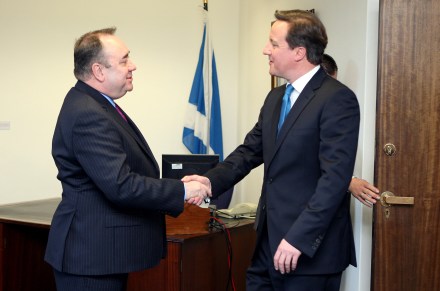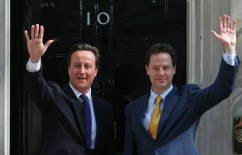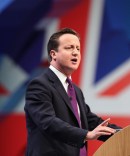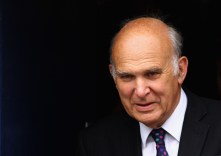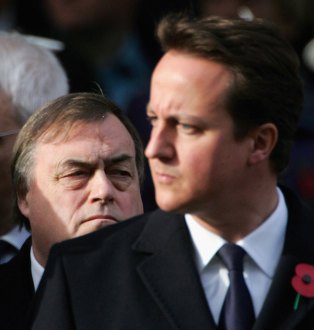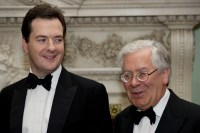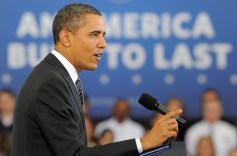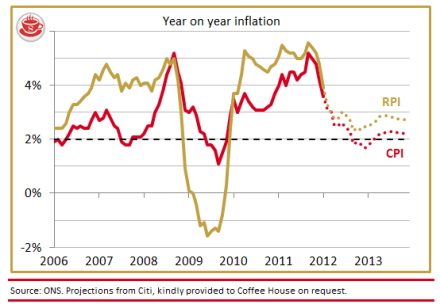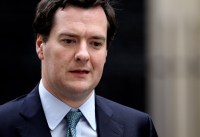L’entente nucléaire
There’s no wound that a press conference won’t heal, or at least that’s the impression that David Cameron and Nicolas Sarkozy created earlier. The pair played down the tensions and grudging handshakes of the past few months to talk up Britain and France’s ‘incredibly strong relationship based on shared interests’. And there was more than just talk too: they announced a £500 million deal between French and British companies for nuclear power plants. And they hailed progress towards the creation of a joint ‘command and control centre’ for military operations. Perhaps this mutual bonhomie explains why Downing Street isn’t taking the opportunity to meet with the man who may soon




